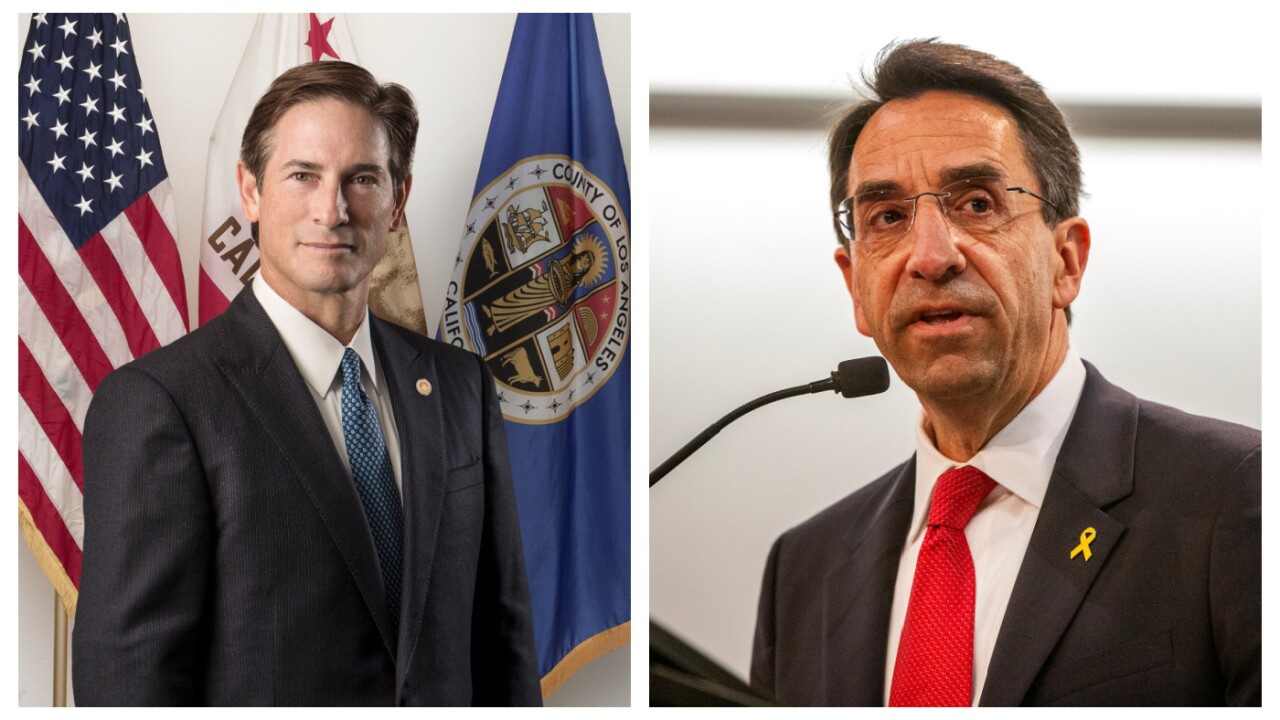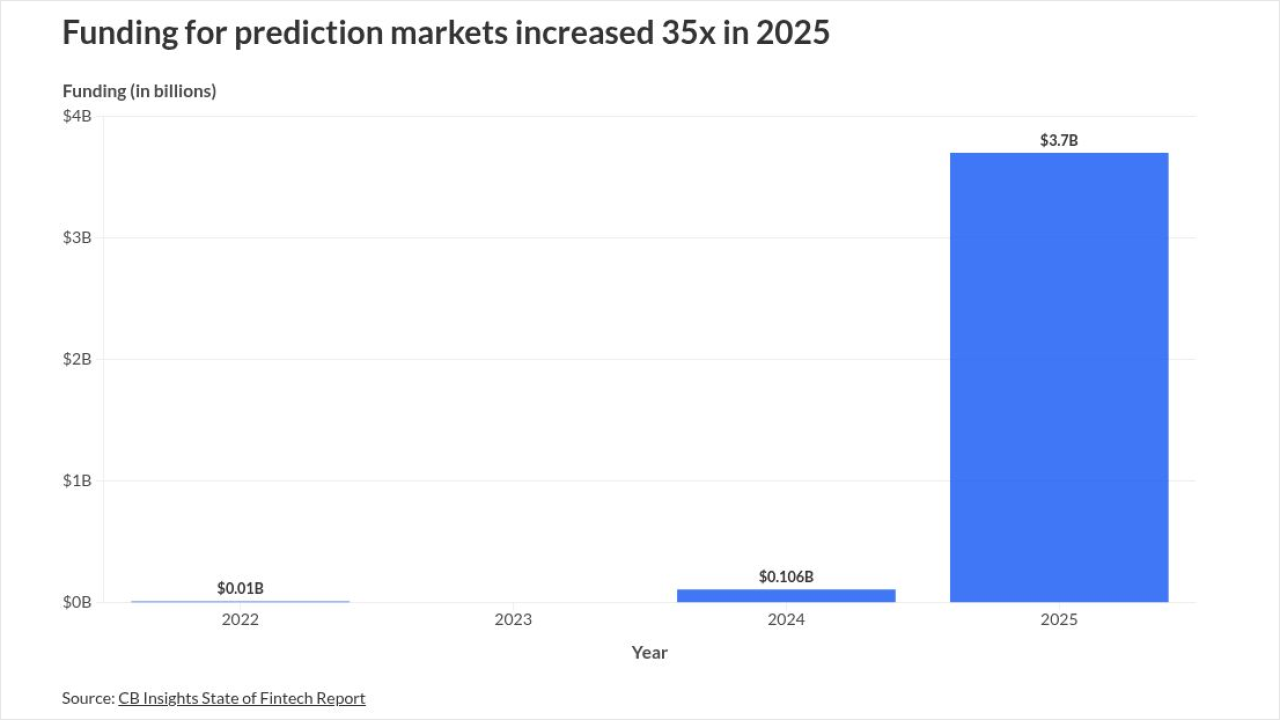WASHINGTON — If Republicans manage to hold onto their majority in the Senate after the November midterms, 2019 could still bring a new chairman to the Senate Banking Committee.
With Sen. Orrin Hatch, R-Utah, retiring, Sen. Mike Crapo, R-Idaho, who currently chairs the banking panel, may want to pursue Hatch’s gavel on the Senate Finance Committee, which is viewed as a more prominent post. That would leave an opening on the Senate Banking Committee that would likely go to Sen. Pat Toomey, R-Pa.
“The stars seemed to be aligning for Toomey to take over in 2019,” said Jaret Seiberg, an analyst with Cowen Washington Research Group.

The prospect of the former derivatives trader and founder of Team Capital Bank in Bethlehem, Pa., ascending to the chairmanship is a welcome one to industry groups.
“Sen. Toomey is the only senator to have helped organize, launch and operate a community bank,” said Duncan Campbell, the president and CEO of the Pennsylvania Bankers Association. “He knows firsthand the challenges and opportunities we have as an industry and the needs our communities have for our members’ services. The deep technical knowledge he gained from his days as a community banker is invaluable to the legislative process and oversight of the federal banking agencies.”
Paul Merski, executive vice president for congressional relations and strategy at the Independent Community Bankers of America, agreed.
“Real key is that he has a community banking background," he said. "He’s intimately familiar with the trials of running a small business and a community bank. So he would be an ideal chairman should he have the opportunity to take over that position.”
But Toomey’s prospects for passing big banking legislation are unclear. President Trump already signed a bipartisan regulatory relief bill into law in May. While Toomey has said the financial sector is still “overregulated,” his ability to make legislative progress will hinge on the makeup of the House and Senate. If Republicans are able to hold a majority in the Senate, it will likely remain slim. That means Toomey would need several votes from Democrats to meet the 60-vote threshold to pass most legislation.
“The challenge is how do we get to 60 votes in the Senate?” Toomey said during remarks to a joint SIFMA-Clearing House Association conference in June. “The Democrats who participated and supported the [S] 2155 banking regulatory relief bill, they have gotten well and truly beat up from the left wing of their party, who I think are completely unreasonable about this. I think they feel like they’ve paid a political price and so the question is, are they willing to go into that arena again?”
For the most part, Toomey has aligned himself with Crapo's agenda as chairman.
“Sen. Toomey is concentrated on supporting the Senate Banking Committee’s current agenda,” a spokesperson from Toomey’s office said. “He believes the agenda Chairman Crapo has put forth, which includes rolling back the most onerous portions of Dodd-Frank, fixing the government-sponsored housing financing system and reducing barriers to capital formation for businesses of all sizes, is one that will grow the economy and help create jobs.”
But he has has also expressed interest in further reforms, including revamping the bankruptcy code and ending the Federal Deposit Insurance Corp.'s ability to unwind large banking firms, as well as scaling back the Consumer Financial Protection Bureau's rules. His odds of enacting legislation on those topics, however, are relatively long.
“Much like Sen. Crapo has learned, finding Democrats to get on board banking bills is not easy,” Seiberg said. “So we can come up with a laundry list of issues that Sen. Toomey has discussed and supported, but turning that laundry legislation that is enacted into law will be much more difficult.”
One area he will almost certainly take up is reform of the government-sponsored enterprises. Both Republicans and Democrats agree that the current state of the country’s housing finance system needs to be revamped, with Fannie Mae and Freddie Mac removed from conservatorship. But despite efforts by outgoing Sen. Bob Corker, R-Tenn., and Sen. Mark Warner, D-Va., to relaunch a new bipartisan housing finance reform bill, there has been little consensus on how to address the issue.
“The big, ginormous, 800-pound gorilla that has been unaddressed since the financial crisis is the GSEs,” Toomey said in June. “That’s the actual ground zero of the problem. It’s the one area that we haven’t touched. And it’s long overdue. I think it’s a very, very difficult undertaking, but we could do some reforms there. I don’t think this conservatorship is the optimal arrangement at all. I think that would be the big accomplishment that we’re still awaiting.”
But observers are skeptical that Toomey will be able to make progress on that front in the next two years.
"It’s hard to see how you can get to the finish line in the next Congress on a GSE reform bill given the amount of work that needs to be done and the realities that a presidential election makes this kind of substantive legislation even harder to advance," Seiberg said. "We really see Sen.r Toomey using the next years to build a foundation to enact GSE reform in 2021 or 2022.”
Since President Trump's election, Toomey has also led the charge to try to overturn recent regulatory guidance.
In response to a letter from Toomey, the Government Accountability Office determined that two guidelines — the CFPB's 2013 memo to indirect auto lenders putting them on the hook for unintentional discrimination and federal banking regulators' guidance targeting leveraged lending — should have been considered rules that were subject to the Congressional Review Act, which gives Congress the chance to block regulations from going into effect. As a result, Congress recently passed a Congressional Review Act measure that repealed the CFPB's guidance and prevents the agency from promulgating new rules on the topic.
Toomey is also aiming to raise the threshold for financial firms to be subject to CFPB supervision, co-sponsoring a bill with Sen. Joe Donnelly, D-Ind., to increase the asset threshold from $10 billion to $50 billion. Industry groups are hopeful that a bill like that could move through the Senate.
“That bipartisan bill is something that we could work with well and have worked with well with Sen. Toomey,” the ICBA's Merski said.
However, Democrats have mostly opposed any measures to scale back the CFPB's oversight.
Toomey has also been a vocal opponent of the FDIC's orderly liquidation powers. He has said he hopes the agency's authority can be repealed and Congress could instead create an updated bankruptcy system for the biggest banks.
He sponsored a bill in 2015 with Sen. John Cornyn, R-Texas, that would create a specialized bankruptcy chapter for certain financial corporations and eliminate the orderly liquidation authority. The bill would enable a failed bank’s assets, as well as its liabilities that pose systemic risk, to be transferred to a “bridge” company that would go on meeting the bank’s obligations, while all losses would fall on the owners of the failed bank, not the economy. He argues that it is a better system than the Dodd-Frank's orderly liquidation authority powers because he believes taxpayers would ultimately be on the hook for the costs.
“The idea being that you would create a functioning financial institution virtually overnight that is credit worthy and you avoid this internal process,” Toomey said in June. “Also very importantly to me is that you would have a mechanism where there really is no reason why you would have to have the taxpayer on the bailout.”
Additionally, Toomey has expressed interest in easing regulatory burdens in capital markets. But he acknowledged the passage of major legislation in that area would face an uphill battle in Congress, particularly if the House switches to a Democratic majority.
“Frankly I don’t know how high a priority capital markets regulatory relief will be for a Speaker Pelosi if that were to be the case," Toomey said, referring to Rep. Nancy Pelosi, D-Calif.





